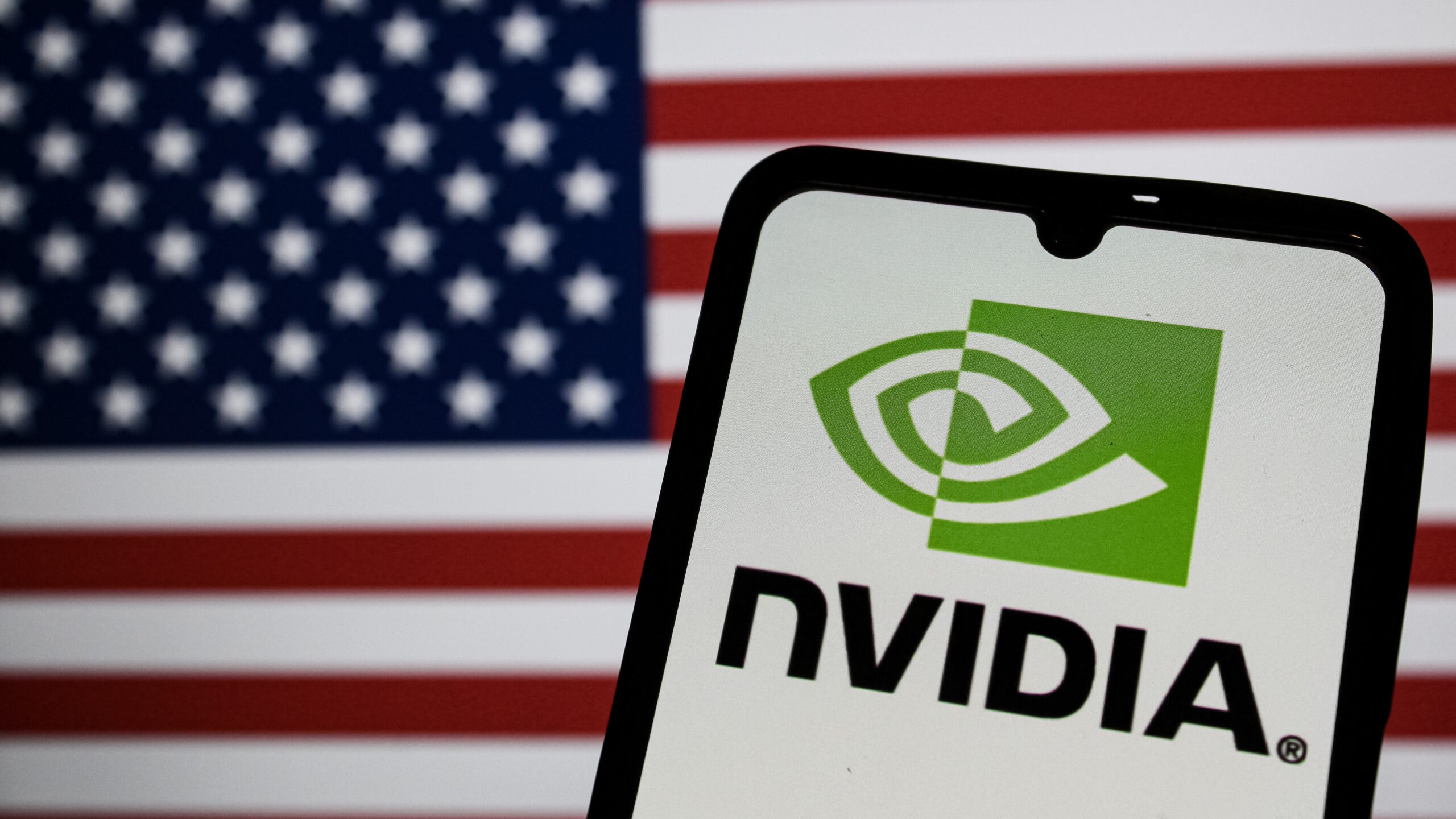The antitrust lawsuit filed against Valve by Wolfire Games in 2022 has now been certified as a class action, and that could be a real headache for Valve. Instead of applying only to Wolfire (and Dark Catt Studios, which filed a separate antitrust lawsuit in 2021), the action will now apply to virtually anyone who’s sold games on Steam since 2017.
Overgrowth developer Wolfire originally filed suit against Valve in April 2021, contending that Valve uses Steam’s dominance in the PC gaming marketplace to suppress competition and extract an unfairly high cut of sales made through the store. The case was dismissed in November of the same year, but Wolfire was given 30 days to amend and refile its complaint, and so it did, bringing the case back to life in 2022. In July of that year, Wolfire’s suit was combined with a similar antitrust lawsuit filed by Dark Catt.
The suit has ground on through various bits of legal wrangling since, but this latest decision is interesting because it broadens the action to include, well, just about everyone. The ruling (via GamesIndustry) certifies the class as “all persons or entities who, directly or through an agent, paid a commission to Valve in connection with the sale or use of a game on the Steam platform on or after January 28, 2017, and continuing through the present until the effects of its scheme are eliminated (the ‘Class Period’), and where either (1) the person or entity was based in the United States and its territories or (2) the game was purchased or acquired by a United States-based consumer during the Class Period.”
The “commission” would be Valve’s cut on sales made through Steam, which starts at 30% and drops to 20% as sales increase. Valve defended the percentage as “industry standard” when Wolfire’s lawsuit was first filed, but that’s no longer the case: The Epic Games Store and Microsoft both take just 12% of sales made through their stores.
There’s still a long way to go before this is all settled, but the class action certification means that if Wolfire and Dark Catt eventually prevail, Valve could be on the hook for a lot of money in compensation payments. Speculatively, that might be enough to inspire some fresh thinking about Steam’s revenue share policies.
Valve took another bump in the ruling as the judge denied its request to exclude the testimony of Dr. Steven Schwartz, called by the plaintiffs as an expert witness. “Dr. Schwartz’s methods are reliable and within the norms for admission,” the ruling states, while Valve’s arguments against his inclusion “go to the weight of the evidence, rather than admissibility.”
I’ve reached out to Valve and Wolfire for comment on the ruling, and will update if I receive a reply.











